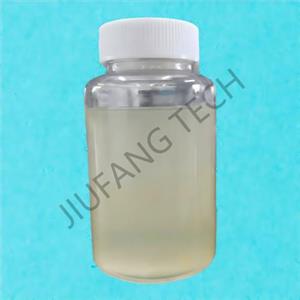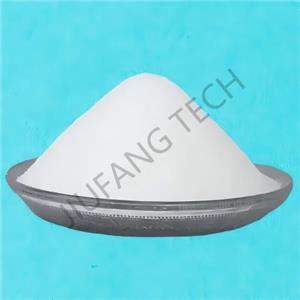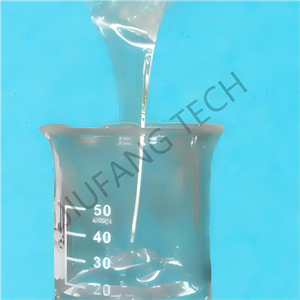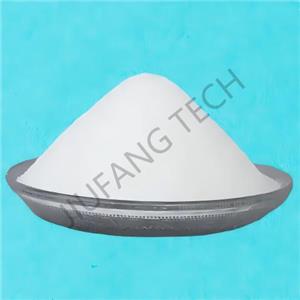Our company obtains a huge PO about polyacrylamide for sludge treatment in GCC
A new purchase order of polyacrylamide for sludge treatment
One of our cationic PAM agents in Kuwait has received the cationic PAM orders(copolymer flocculant PAM powder: 60 tons) from the largest STP in the country for two consecutive years.
CPAM polyacrylamide polymer is used in dewatering process for reducing high content water of excess sludge in centrifuge. As a coagulant agent,CPAM in water treatment process is a key link to treat the sludge.The product we produced which is a copolymer flocculant PAM powder polymer.
Rrgarding the production process of copolymerization, it is a unique production technology about cationic CPAM which is made by acrylamide with DACor DMA copolymerized.
The product of cationic PAM is a high content and high cationic charge polyacrylamide for sludge treatment. The product of cationic PAM can meet high-speed rotating centrifuge machine and has a good performance flocculation.
The CPAM polyacrylamide polymer we produced can be equivalent to cationic CPAM from other foreign manufacturers,such as: SNF polyacrylamide, BASF polyacrylamide&Kemira polyacrylamide.
High quanlity and low price are the characteristics of our CPAM in water treatment polymer.
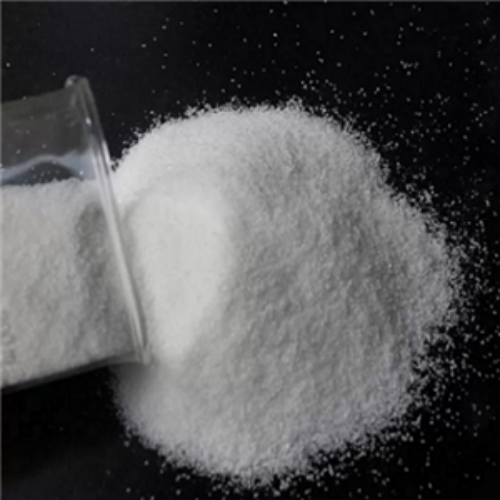
The ionic degree of polyacrylamide (PAM) (mainly for cationic PAM, referring to the proportion of cationic groups in the total monomers) is a key parameter affecting its application effect in sludge treatment. PAMs with different ionic degrees vary significantly in terms of charge - neutralization ability, flocculation characteristics, and applicable sludge types. In practical applications, it is necessary to measure the Zeta potential of the sludge (reflecting the intensity of negative charges) through small - scale tests (such as the beaker flocculation test), and select a PAM with a matching ionic degree in combination with the requirements of the dewatering process, so as to balance the treatment effect and economy.
The ionic degree of polyacrylamide (PAM), mainly for cationic PAM (CPAM), refers to the molar ratio of cationic groups to the total monomer units in the molecular chain. It is a key indicator for measuring its charge density. At present, the colloidal titration method (also known as the charge titration method) is the most commonly used standard method for determining the ionic degree of CPAM. Its principle is based on the "charge neutralization reaction", and it is easy to operate with high accuracy.
The colloidal titration method is the mainstream method for determining the ionic degree of CPAM at present. This is because it is easy to operate, has a low cost, and its accuracy can meet industrial requirements. As a result, it is widely used in production quality control and scientific research experiments. In actual operation, the experimental conditions need to be strictly controlled to ensure the reliability of the results.

